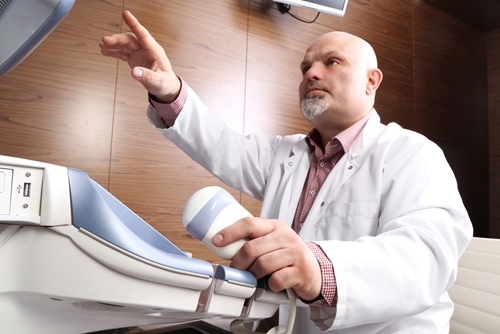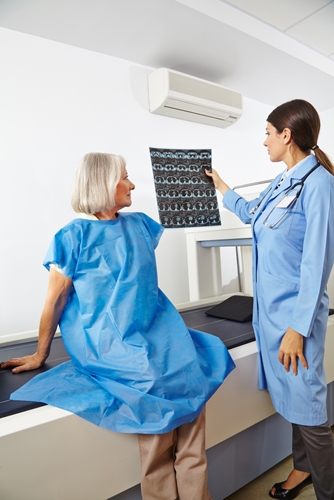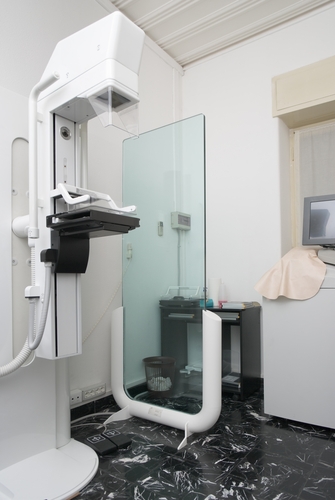According to a new study in the journal American Radiology, educational simulation portals are an effective method for improving medical student test scores, and could even have utility at the undergraduate level.
The research, detailed in Health Imaging, explains that while advancements in radiology have increasingly made it a staple of diagnostic procedure, the tools available for students have not progressed at the same rate. Conducted by a team at Baylor University lead by Dr. Mark Willis, the study was in part animated by the lack of access to training materials faced by those in college and medical school.
"Undergraduate medical education curricula typically are not reflective of the omnipresence of imaging in the modern clinical practice," the researchers wrote. "Traditional curricula have not kept pace with these rapid advancements in technology and do not fulfill the evolving educational needs of medical students."
As a response, Willis' team developed a simulator using integrated clinical decision support. This allowed students to gain more direct experience with imaging, including selecting proper studies, relevant safety precautions and the costs associated with a given course of treatment. Willis et. al surveyed 34 students for this research, which included both qualitative and quantitative assessments of how well the simulations promoted learning.
The results were largely supportive of the usefulness of simulations. All of the students who had access to the portal improved test scores by significant margins, and 29 out of the 34 recommended that something similar be implemented at the undergraduate level. For their part, the authors concluded that the research promoted further use of portals as an educational tool, writing: "In an era of evidence-based medicine, continuous quality improvement, and patient safety, combining simulation training at the point-of-order with integrated CDS into medical student education provides an effective way to engage our future physicians before they establish their practice habits."
The team also expressed optimism that expansion of these sort of programs would ultimately have a positive effect on patient outcomes down the road. The more direct education doctors have on particular tools and processes, the better decisions they can make and the better care they can provide. As the broad enthusiasm from the students involved shows, there is a willingness at the university level to gain more hands-on experience in this area and the simulation could be the answer.
Ronny Bachrach
Latest posts by Ronny Bachrach (see all)
- Konica Minolta Debuts First-of-Its-Kind Digital U-Arm System at AHRA - July 27, 2016
- Researchers Detect Signs Of Stroke Risk Using MRI - June 27, 2016
- Imaging Biz: Q&A with David S. Channin MD: How to Make PACS Patient Centered - June 22, 2016










